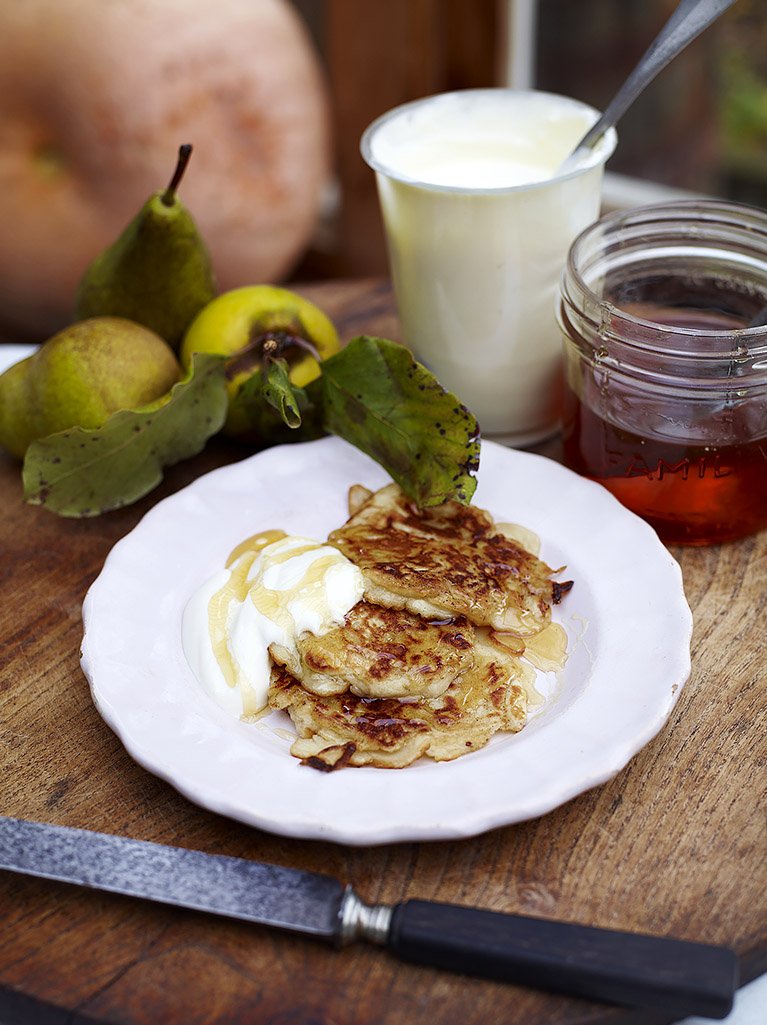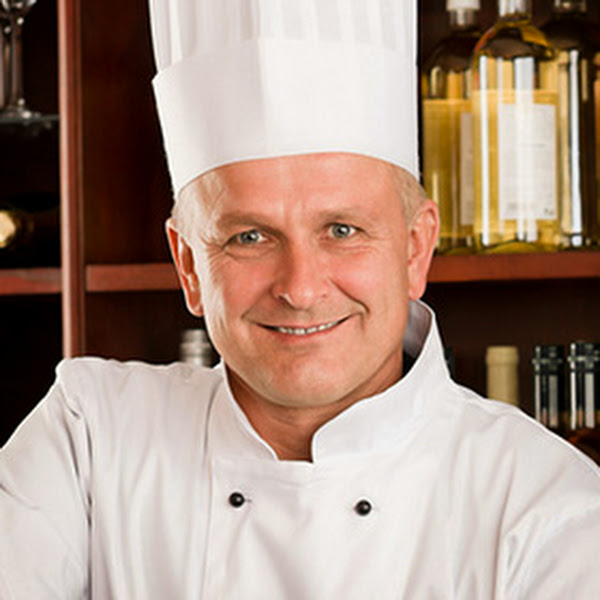 Ingredients :
Ingredients :
-4 oz. (8 Tbs.) unsalted butter; more for the pan-1 bunch scallions, white and light-green parts finely chopped, green parts thinly sliced on a diagonal
-1/4 cup dry white wine
-2-1/2 cups frozen corn
-1/2 cup heavy cream
-1/4 tsp. freshly grated nutmeg
Kosher salt and freshly ground black pepper
-3-1/4 oz. (2/3 cup) all-purpose flour
-2-3/4 oz. (1/2 cup) stone-ground yellow cornmeal
-3 Tbs. granulated sugar
-1 Tbs. baking powder
-1 cup sour cream
-2 large eggs
-4 oz. fresh goat cheese, softened
-1 to 2 tsp. finely chopped fresh hot chile, such as Fresno or habanero
Directions
Position a rack in the center of the oven and heat the oven to 350°F. Butter a 2-quart baking dish.In a 10-inch skillet, melt the butter over medium heat. Add the white and light-green parts of the scallions and cook until softened and lightly browned, about 2 minutes. Remove the pan from the heat and add the white wine, swirling until the sizzling stops. Cook until the liquid in the pan reduces slightly, about 2 minutes.
Add 1-1/2 cups of the corn, the cream, nutmeg, 1/2 tsp. salt, and a few grinds pepper. Cook, stirring occasionally, until the cream thickens, about 4 minutes. Set aside.
Meanwhile, in a large bowl, combine the flour, cornmeal, sugar, baking powder, 1/2 tsp. salt, and 1/4 tsp. pepper. Stir in the scallion greens, sour cream, eggs, the remaining 1 cup corn, and the creamed corn mixture until thoroughly combined.
In a small bowl, mash together the goat cheese and chile with a fork.
Pour the corn mixture into the prepared baking dish and smooth the top. Dollop teaspoons of the goat cheese mixture into the corn mixture, pushing some below the surface and leaving others exposed to ensure goat cheese throughout the dish. Smooth the surface.
Bake until the top is golden brown and a knife inserted in the center comes out moist with a few crumbs clinging, about 25 minutes. Let cool 10 minutes before serving.
By finecooking






